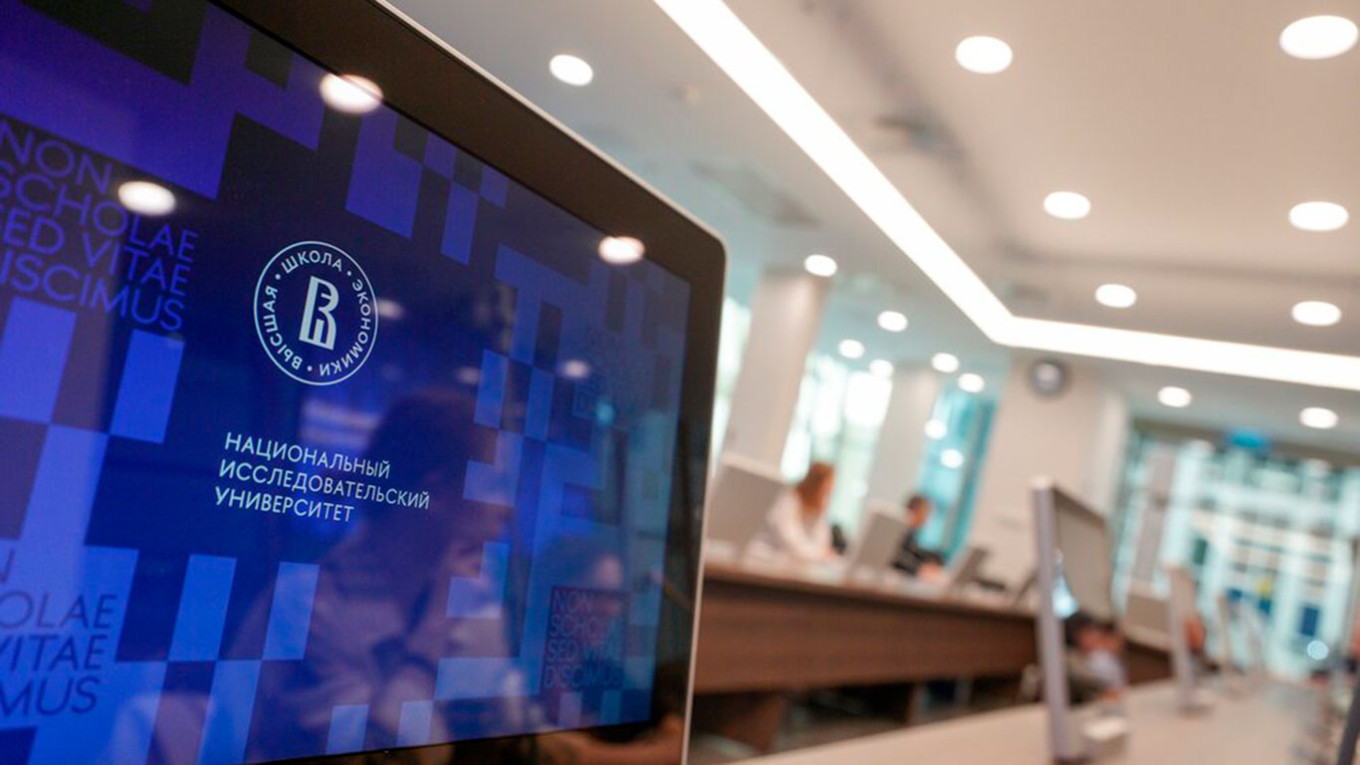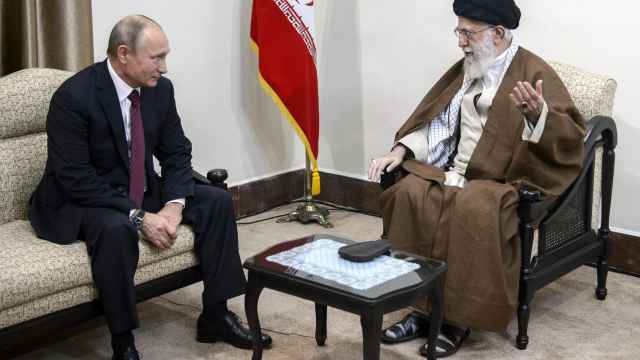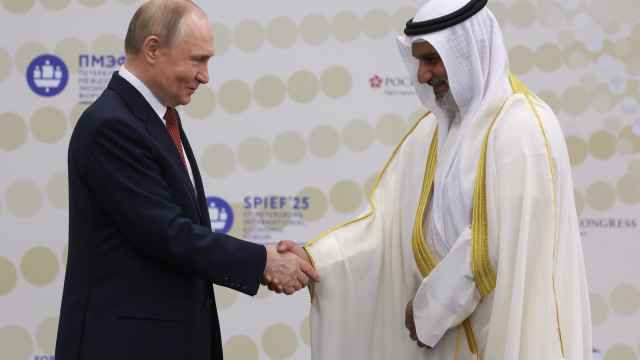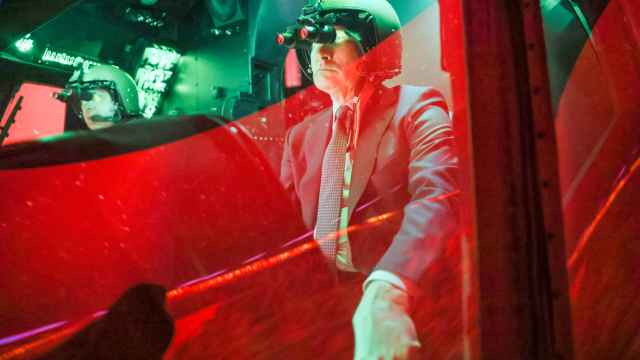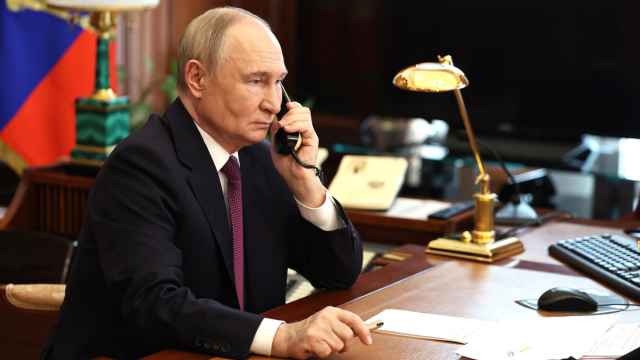One of Russia’s most prestigious universities has unveiled a new master’s program focused on navigating and mitigating the impact of international sanctions, a sign of the growing institutional effort to adapt to the Kremlin’s increasingly isolated position on the global stage.
The two-year program at Moscow’s Higher School of Economics (HSE) is described as the first of its kind in Russia.
First reported by the exiled science outlet T-Invariant, the program aims to train specialists in international corporate compliance and equip students with the skills to "identify and assess the risks of sanctions and other measures imposed by supervisory authorities on companies."
Annual tuition is set at 490,000 rubles ($6,260), with 20 seats reserved for Russian citizens and two for international students. The program is not funded by the Russian government.
In addition to the full degree, HSE is launching a shorter 136-hour professional development course titled Sanctions Compliance, which will run online from Sept. 16 to Nov. 14.
Tuition for the course is 84,000 rubles ($1,070), and it combines theoretical instruction with practical case studies on the application of economic sanctions and compliance mechanisms.
The program, according to its description, "combines the study of modern legal instruments, the current regulatory framework and the practice of applying economic sanctions."
Sanctions-related coursework has existed previously at HSE’s Department of International Law, but the new programs mark a significant expansion, both in scope and accessibility.
Igor Lipsits, a former HSE professor and co-founder of the university, told T-Invariant that the initiative is part of a broader Kremlin directive to build long-term resilience under international isolation.
“Everyone is seeing how Iran has lived under sanctions for 40 years. We may spend a long time living in this kind of a hostile environment, with all kinds of restrictions, and with increasing regulations over Russia’s business presence abroad,” Lipsits told T-Invariant. “The Russian economy is adapting to life under sanctions for a generation.”
Andrey Yakovlev, a former HSE vice rector and an economist now affiliated with Harvard University’s Davis Center, cautioned against reading too much into the program’s long-term viability.
“Universities are reacting to short-term demand,” Yakovlev told T-Invariant. “That doesn't mean this is a stable, long-term direction. In the 1990s, everyone was teaching brokers — until the market collapsed. This could follow a similar path.”
A Message from The Moscow Times:
Dear readers,
We are facing unprecedented challenges. Russia's Prosecutor General's Office has designated The Moscow Times as an "undesirable" organization, criminalizing our work and putting our staff at risk of prosecution. This follows our earlier unjust labeling as a "foreign agent."
These actions are direct attempts to silence independent journalism in Russia. The authorities claim our work "discredits the decisions of the Russian leadership." We see things differently: we strive to provide accurate, unbiased reporting on Russia.
We, the journalists of The Moscow Times, refuse to be silenced. But to continue our work, we need your help.
Your support, no matter how small, makes a world of difference. If you can, please support us monthly starting from just $2. It's quick to set up, and every contribution makes a significant impact.
By supporting The Moscow Times, you're defending open, independent journalism in the face of repression. Thank you for standing with us.
Remind me later.


